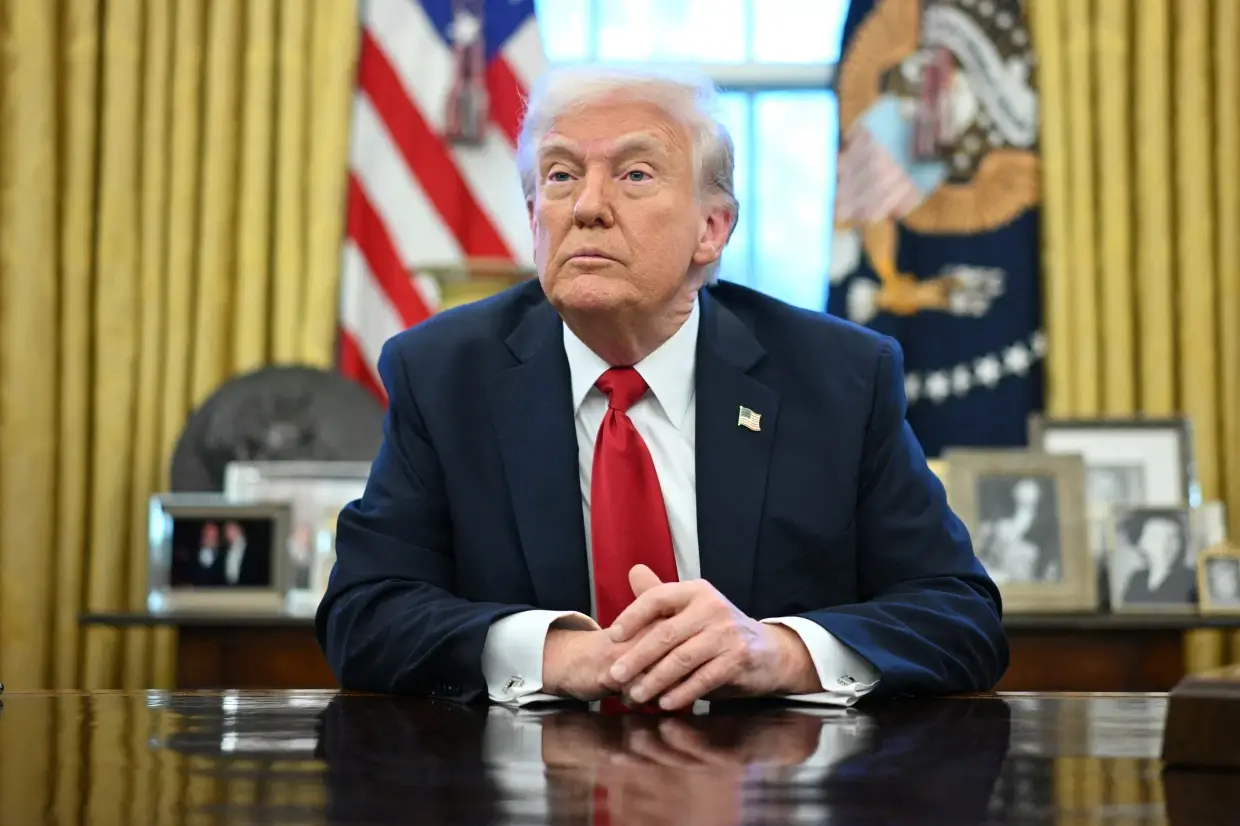The fate of TikTok in the United States remains uncertain as the Trump administration grapples with both national security concerns and escalating trade tensions with China. President Trump has recently suggested a potential pathway to resolving the long-standing issue: reducing tariffs on Chinese goods in exchange for Beijing's approval of a deal that would allow TikTok to continue operating in the U.S.
Trump's remarks, made on Air Force One, followed reports that a preliminary agreement involving U.S. investors taking a majority stake in a newly formed American TikTok entity had been disrupted by the imposition of new U.S. tariffs on Chinese imports. The proposed deal would see current investors owning 30%, and Chinese owners retaining less than 20%. ByteDance, TikTok's parent company, reportedly informed the White House that the Chinese government would not approve the deal in light of the increased tariffs. Trump stated that China changed the deal because of tariffs, and if he gave a little cut in tariffs they would approve that deal in 15 minutes, showing the power of tariffs.
This development highlights the complex interplay between trade policy and national security considerations. The U.S. government has long expressed concerns about TikTok's data security and potential ties to the Chinese government, leading to legislative efforts to force ByteDance to divest its ownership of the popular video-sharing app. At the same time, the Trump administration has pursued an aggressive trade strategy, levying tariffs on a wide range of Chinese goods in an effort to address trade imbalances and alleged unfair trade practices.
The possibility of a tariff reduction in exchange for a TikTok deal has drawn mixed reactions. Supporters of the move argue that it could provide a pragmatic solution to a complex problem, allowing TikTok to continue operating in the U.S. under American ownership while de-escalating trade tensions with China. Others, however, have criticized the idea, arguing that it would send the wrong message to China and potentially undermine U.S. efforts to address broader trade issues. Some suggest that tariffs are necessary and should not be reduced just to save TikTok.
Adding another layer of complexity, China has vowed to retaliate against the U.S. tariffs, raising the specter of a full-blown trade war. China's Commerce Ministry has condemned the U.S.'s tariffs as "unilateral bullying" and threatened countermeasures to safeguard its interests. The ministry indicated that the countermeasures China has taken are aimed at safeguarding its sovereignty, security and development interests, and maintaining the normal international trade order and are completely legitimate.
The future of TikTok in the U.S. remains uncertain. Trump has extended the deadline for ByteDance to find a non-Chinese buyer by another 75 days. The video-sharing platform, which has more than 170 million users in the US, is facing potential shutdown under a law passed last year that mandates its separation from its Chinese parent company, ByteDance. The coming weeks will be critical as the U.S. and China navigate these complex issues and seek to find a resolution that addresses both national security concerns and trade tensions.

















